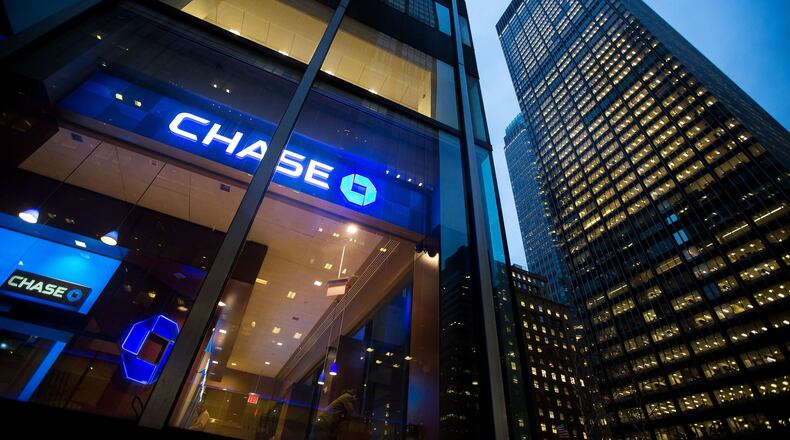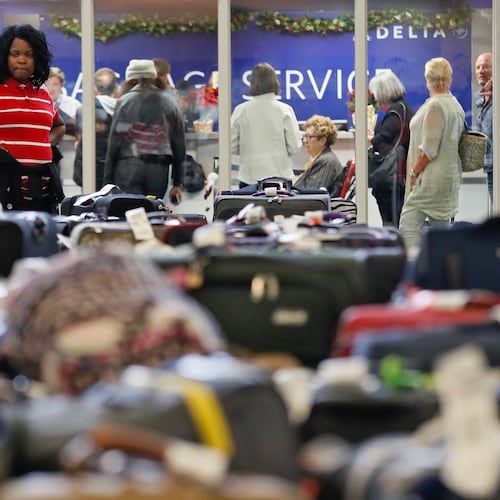Another big bank is again paying to settle allegations of wrongdoing, as if there’s any more misdeeds left to be accused of.
The latest is a federal suit filed against JPMorgan Chase, claiming the nation’s biggest bank discriminated against thousands of African-American and Hispanic mortgage borrowers between 2006 and 2009.
Independent brokers for the bank charged higher interest rates and fees for minority borrowers compared to similar white borrowers, the government contends. As a result, about 53,000 borrowers allegedly paid an average of about $1,000 extra.
JPMorgan has agreed to a $55 million settlement, though it said it “denies any wrongdoing and remains committed to providing equal access to credit.”
The bank has about 80 branches in Georgia.
This is roughly the bazillionth time a megabank has been slapped by federal and state prosecutors and regulators for some alleged misdeeds in recent years. By one estimate, since 2008, U.S. banks have shelled out more than $200 billion in settlements and fines to make uncomfortable accusations go away.
Which begs the question: Just how many things can a bank allegedly do wrong?
Tom Powell, an Atlanta banking attorney with Troutman Sanders, told me he’s never seen such a wave of government lawsuits and settlements in the industry. “It’s unprecedented,” he said.
Of course, much of it is tied to the mortgage debacle when regular people borrowed too much and banks loaned too much and then pawned off the toxic debt to investors.
But the litany of issues never seems to end.
JPMorgan agreed to a $13 billion doozy of a settlement in 2013 tied to claims about mortgage-backed securities. A year later it kicked in another $614 million over alleged violations with mortgages. And the next year it added $32 million toward accusations that service members’ homes were unlawfully foreclosed on.
A spokeswoman for JPMorgan emailed that she couldn’t comment on other settlements with the Justice Department.
This isn’t a one-bank show. Other megabanks have faced a string of government actions, too.
So maybe it’s not surprising that Americans’ confidence in banks has continued to wallow near a low set during the Great Recession.
That’s about half the level in 2004. (And, by the way, the latest survey was done before most people had heard about the Wells Fargo mess.)
That’s a shame. Because confidence is one thing it would be nice to have with whatever business we entrust to watch our money.
Find Matt on Facebook (https://www.facebook.com/mattkempnercolumnist) and Twitter (@MattKempner) or email him at mkempner@ajc.com.
Other Kempner's Unofficial Business columns: http://www.myajc.com/news/opinion/matt-kempner-unofficial-business/j9F7R2mOGomS5FMjfhho2O/
About the Author
Keep Reading
The Latest
Featured



